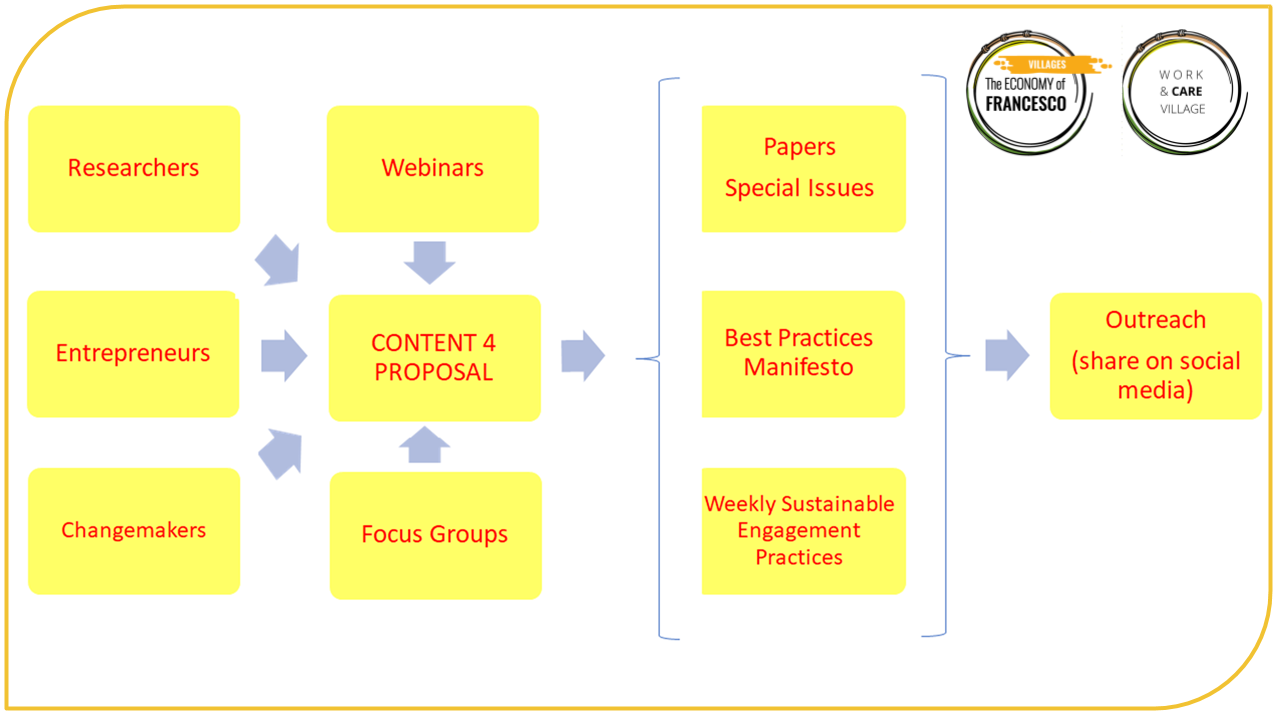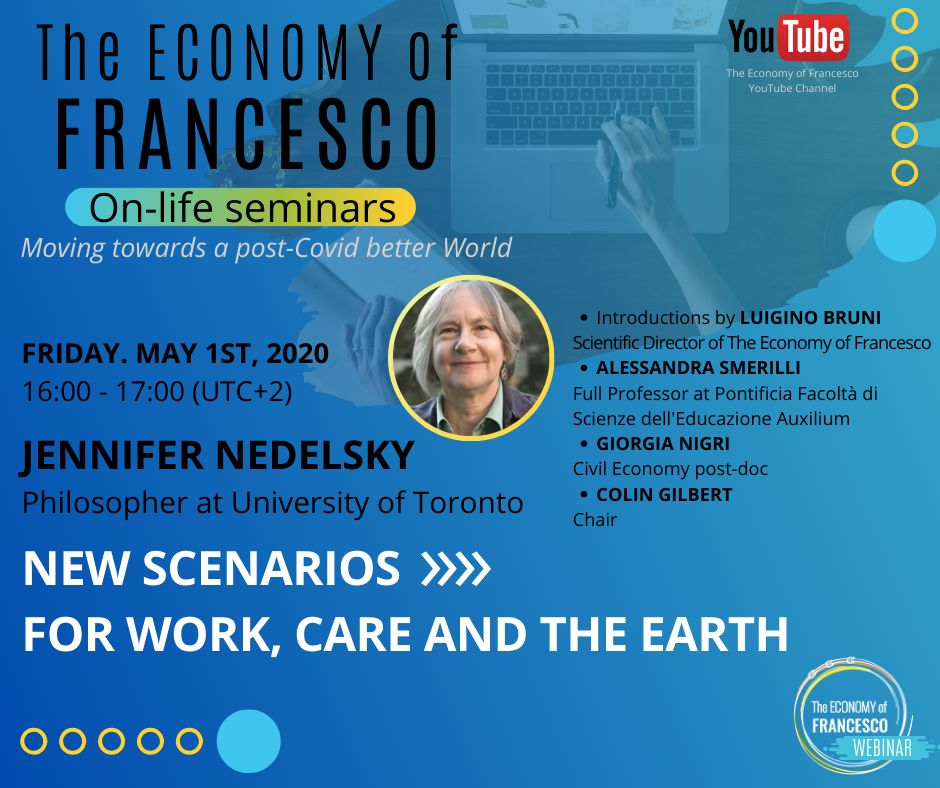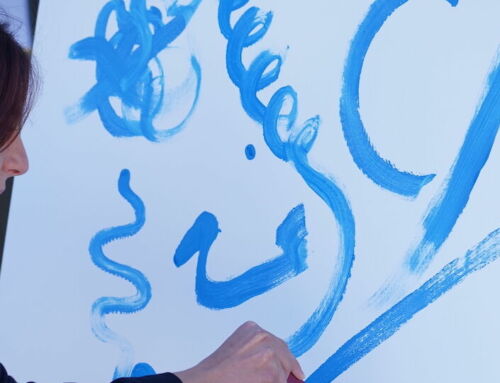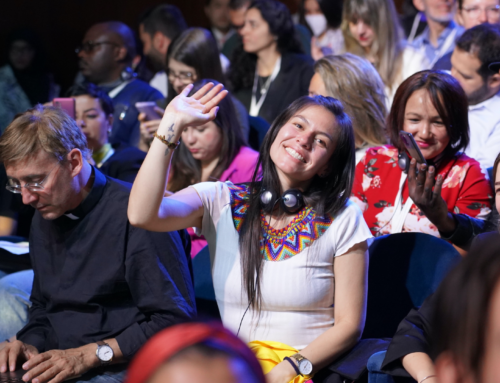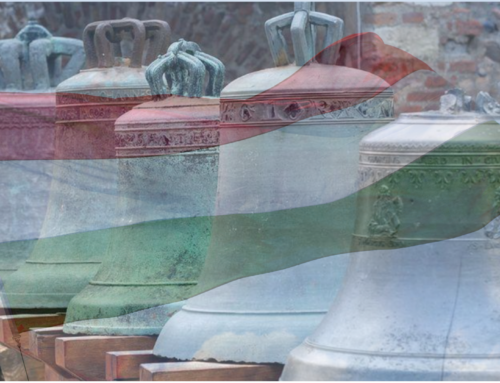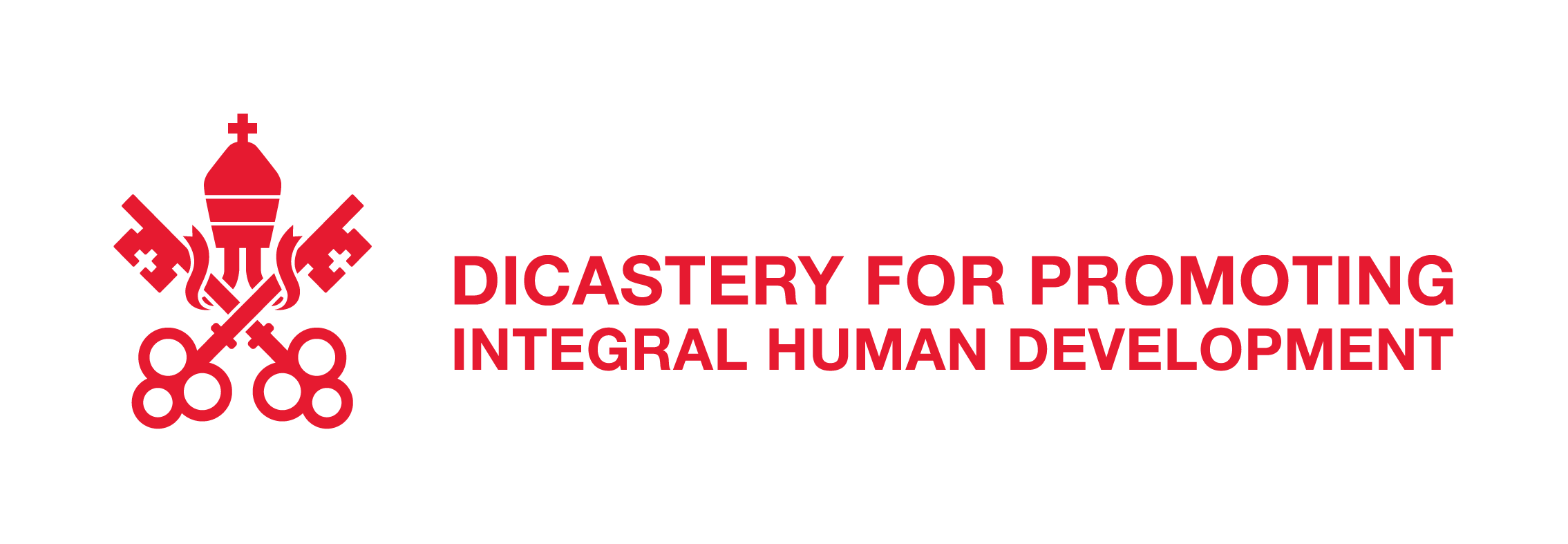Our process, our contribution
Work and Care Village
By Joanna Wdowin
The COVID-19 pandemic has brought about abrupt changes to the world of work and care. We are observing the forced widespread adoption of home-working practices, recognising the necessity of often overlooked care workers who heroically look after patients, whilst also experiencing the importance of dedicating time to relationships and sharing the fear of those whose livelihoods are jeopardised by the lack of stable work. These times have given the village of Work and Care a clear mandate, serving as a wake-up call to young economists; now may be a turning point when the true meaning of work and care can be rediscovered, putting work and care on equal levels and reconciling the two concepts in such a way as to enable each member of society to flourish.
<< As a village we are striving to live by the important values which we hope can change the economy of today. Wholeheartedness, enthusiasm, understanding and encouragement are some of the words which come to mind when I think of the first few months as a member of the global EoF community. >>
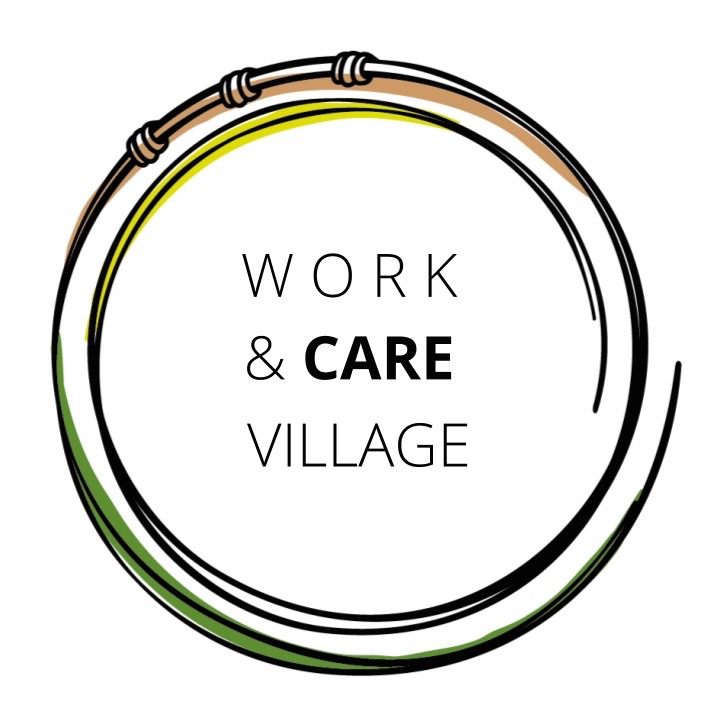
And what could have been a better way to start working together as a village than under the patronage of St. Joseph on the 1st May, when we met Professor Jennifer Nedelsky. She shared her idea of a new norm involving a working week of 30 hours, combined with a minimum of 22 hours of care a week. Care, she explained, constitutes the relationships that people have with one another and the natural world; we are dependent on the natural world and so should care for it as we care for our loved ones. As inferred in Laudato Si, the natural and human world are intrinsically interconnected so dedicating more time to the practice of care for each other will in itself generate a more caring relationship with the earth. However, today care workers receive little economic reward and gratification. Instead, we have become used to seeing the world as a resource to satisfy human priorities. Moreover, time scarcity is eroding the capacity for human generosity and care. Jennifer stressed that we need to revive the concept of care, avoiding the wrong tendency in the Western world to frame care as a “necessity” in juxtaposition to more desirable “freedom”.
Between the 16th and 24th May we continued this discussion, launching our mighty networks W&C community with the week of Laudato Si. Posting quotes from the 3rd chapter of Laudato Si, villagers exchanged thoughts on our relationship with nature and the concept of social reprimand in the times of pandemic.
Professor Nedelsky’s “new norm” also emerged as a key discussion point in our village; how can we better reconcile work and care, both by finding a way to integrate the two and bringing care to the forefront of our daily lives?
One way of dedicating more time to care is through volunteering. This was the theme of the joint fishbowl on the 30th May with Management and Gift entitled “Time as a gift”. Emanuele Mendola (M&G) shared insights of his experience as co-founder of a sports centre at the Tor Vergata University of Rome. Michael Walter (W&C), a volunteer for the St. Vincent de Paul society, suggested that people volunteer for 3 main reasons: to do good, seek a sense of belonging, and to find purpose; people often give back from a place of gratitude, and, realising the importance of belonging to a community, seek people who are like-minded, giving them the chance to do something that aligns with their values. When we volunteer, there is no value set on our time meaning we give wholeheartedly and without expectation.
Other key events during this period include the webinar “Life & Work after pandemic: Road to recovery” on the 4th June, hosted by Ludovicus Mardiyono, with the contributions of Luc Cortebeeck and Anna Biondi, Former Chair of the Governing Body ILO and Deputy Director of the ILO Bureau for Workers Activities respectively. Both spoke about measuring the impact of the COVID crisis on life and work, and shared their perspective of our journey to the “new normal” referring to the framework and goals of the ILO. On the 17th June we had the opportunity to meet Professor Trivelli, the recently appointed general director of health in Lombardy. Invited by our senior Professor Maggioni, he provided us a broader and better understanding of the complex and fascinating field of the management of health structures. Sharing with us his experience of COVID-19, Professor Trivelli gave us the possibility to understand in which sense a practical wisdom is required to deal with crises, making us more able to foster the development of good praxis and management for the future.
The 26th June marked the second fishbowl in the village of W&C, on this occasion to discuss proposals within the context of the 3 macro-areas of our village (The future of work, Business as a force for good and Effectiveness and Impact of Care) with citizens expressing which area they wanted to be a part of in our poll prior to the fishbowl.
To this end, Oreste Bazzichi, Don Matteo Prodi and fr. Andrea Ricatti are preparing a report on the theme of “La grazia del lavorare” (The grace of work) from the perspective of the Franciscan thought and spirituality. Their work will be one of the focuses of participants in the second macro area and we eagerly await a webinar on this topic! In the meantime, another initiative directly linked to Franciscan spirituality which is already live is the podcast series produced by Augusto Martins and Ana Carolina Fernandez Alves titled “Financial Education for life”, a project which aims to help families, offering them financial education and proposing ways to manage finances in order to break the perpetual cycle of poverty. Latin American participants have also started a series of webinars discussing Laudato Si and Laborem Exercens, work in progress which addresses the need of our village to study and contemplate Catholic Social Doctrine.
Intervillage initiatives to date include the international humanistic management association (IHMA) and Women for economy. EoF citizens have been participating in many of the initiatives planned by IHMA, such as the community connect and necessary conversations, with two of our keynote speakers Professor Yunus and Professor Sachs. W&C citizens in particular, involving the Emilia Romagna regional group, have been actively joining the Italian chapter board meetings where they supported the launch of a new format, the humanistic management conversations, one of which was held end of June and the next which they are planning for end of July (29th @ 4p.m.) with Professor Zamagni.
Women for economy on the other hand had their first intervillage meeting on the 24th June, sharing ideas and impressions about “If the economy was a woman”. Participants concluded that if the economy was a woman, probably there would be less inequality in the share of resources, not only in wages but also in the distribution of time. There would be more solidarity between migrants and people who need care, like the elderly and the young. Another problem that the women in the whole world face is about violence that has increased during the pandemic, which may be solved with access to resources like money and time, protection with proper laws and equal space in politics and power institutions.
As a village we are striving to live by the important values which we hope can change the economy of today. Wholeheartedness, enthusiasm, understanding and encouragement are some of the words which come to mind when I think of the first few months as a member of the global EoF community. I am sure these words hold for many others and we look forward to developing all the above initiatives as well as new ones!
